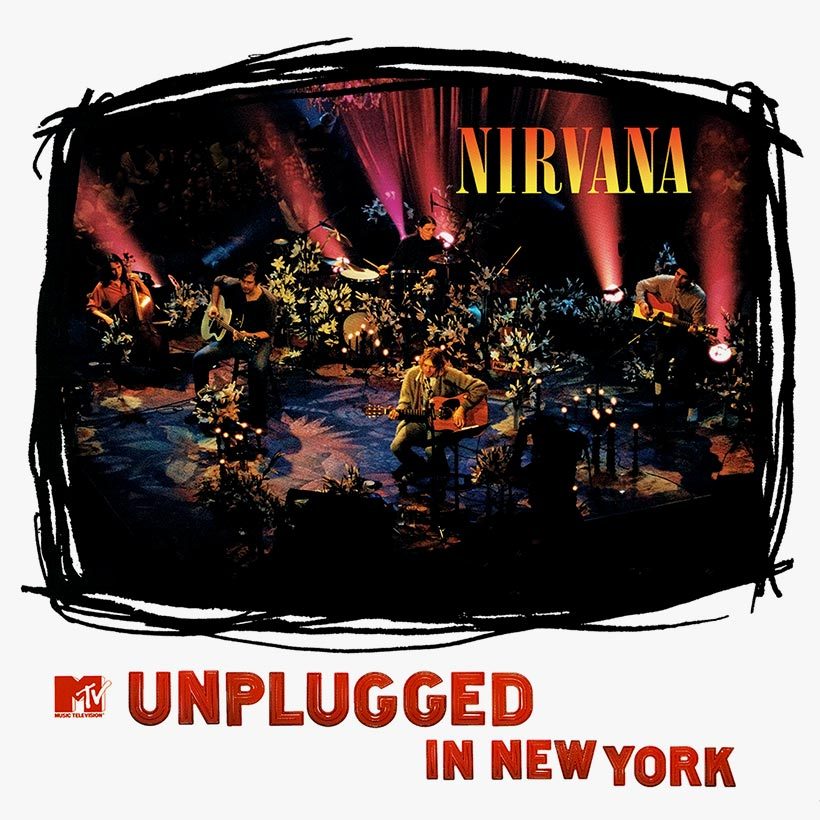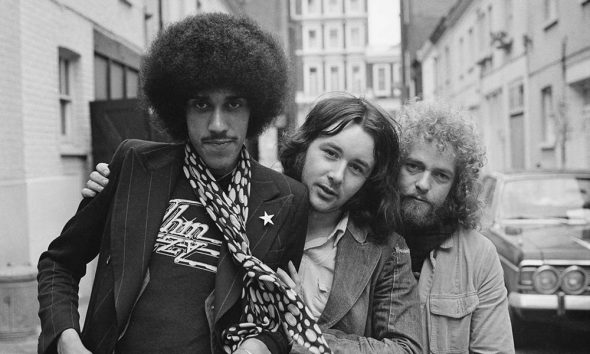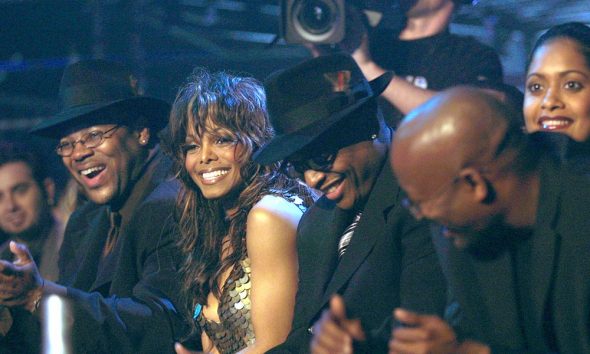‘MTV Unplugged In New York’: Nirvana’s Career-Defining Live Album
Offering hints as to where Nirvana could have gone next, ‘MTV Unplugged In New York’ remains one of the greatest live albums of all time.

The first – and arguably most essential – Nirvana release following the death of Kurt Cobain, MTV Unplugged In New York debuted at No. 1 on the Billboard 200, went on to go quintuple-platinum in the U.S., and won a Grammy Award for Best Alternative Music Album in 1996.
Listen to MTV Unplugged In New York on Apple Music and Spotify.
The statistics speak for themselves, and the album has received accolades since its initial release, on November 1, 1994, with The Atlantic’s retrospective critique even referring to it as “one of the greatest live albums ever” in 2013. While this lofty praise is wholly justified, the story of Nirvana’s esteemed MTV Unplugged performance is that of a band snatching victory from the jaws of defeat.
“We’d seen other Unplugged shows and didn’t like them”
Initially, the Seattle grunge stars were in two minds over whether they should even accept their invitation to appear on MTV Unplugged, not least because they felt the program’s format simply wasn’t for them.
“We’d seen other Unplugged shows and didn’t like many of them,” drummer Dave Grohl later told Rolling Stone. “Most bands would treat them like rock shows – play their hits like it was Madison Square Garden – except with acoustic guitars!”
Kurt Cobain and his team also had reservations over how well their visceral rock’n’roll would translate in such a stripped-back, low-watt setting. However, the band began to warm to the idea when they recalled that one of their favorite albums – Screaming Trees’ frontman Mark Lanegan’s debut solo album, The Winding Sheet – made a virtue of a similarly intimate approach.
Never less than life-affirming
Nirvana finally acquiesced when MTV agreed to them bringing their In Utero touring partners, Arizona alt-rockers The Meat Puppets, along to appear as their special guests. But the anxiety didn’t end there. MTV was concerned about the lack of hit songs Nirvana proposed to play in their set, while Cobain – who was wracked with nerves and suffering from a recurring stomach complaint – appeared less than enamored during two days of tense, pre-show rehearsals at New York’s Sony Music Studios.
“There was no joking, no smiles, no fun coming from him,” MTV production manager Jeff Mason recalled in Charles R Cross’ biography, Heavier Than Heaven. “Therefore, everyone was more than a little concerned about the performance.”
However, all the tensions were swept away when Nirvana hit the MTV stage for real on November 18, 1993, filming a performance that would be broadcast a month later, on December 16. Cobain may have requested a funereal stage set decorated with stargazer lilies, black candles, and a crystal chandelier, but his performance was never less than life-affirming.
“They hint at where Nirvana could have gone next”
Augmented by touring alumni Pat Smear (guitar) and Lori Goldston (cello), Nirvana eased into a consummate version of Bleach stand-out “About A Girl” and never looked back. MTV might have bemoaned the omission of “Smells Like Teen Spirit” and “Lithium,” but a compelling “Come As You Are” more than made up for it, while the sparse, acoustic setting merely enhanced the subtleties inherent in the band’s more reflective In Utero material such as “Dumb” and “All Apologies.”
Elsewhere, the setlist found the Seattle stars revisiting their triumphant Nevermind album with choice versions of “Polly,” “On A Plain” and an ominous “Something In The Way.” Arriving midway through the set, this mighty triumvirate was presaged by resonant covers of Scottish indie outfit The Vaselines’ “Jesus Doesn’t Want Me For A Sunbeam” and David Bowie’s “The Man Who Sold The World,” and succeeded by The Meat Puppets’ guest slot, with Nirvana accompanying the Arizona band’s Cris and Curt Kirkwood on quirky renditions of three tracks from their psych-infused Meat Puppets II.
“A career-defining moment”
Kurt Cobain, however, saved the performance’s most jaw-dropping moment for the final encore, for which he chose the traditional folk tune “Where Did You Sleep Last Night?” With Nirvana following Lead Belly’s arrangement of the song, Cobain performed it with his eyes closed; his voice cracking from sheer emotion during the final chorus. Spine-chilling and otherworldly, it was an absolutely riveting spectacle to behold and provided the perfect full stop to one of rock’s most transcendent live albums.
Despite generous applause and exhilaration among his bandmates, Cobain allegedly remained underwhelmed by his performance. According to biographer Charles R. Cross, he only brightened when manager Janet Billig told him the show would be remembered as “a career-defining moment.”
Everyone in attendance felt they’d witnessed something special that night, and the wider public was equally convinced when the full MTV Unplugged In New York set was released just seven months after Cobain’s death in April 1994. Going straight to No. 1 on the Billboard 200, the album became a fitting epitaph for a singular talent. As Entertainment Weekly’s review so cogently observed, “Unplugged elicits a feeling of musical loss – the delicacy and intimacy of these acoustic rearrangements hint at where Nirvana could have gone next.”












